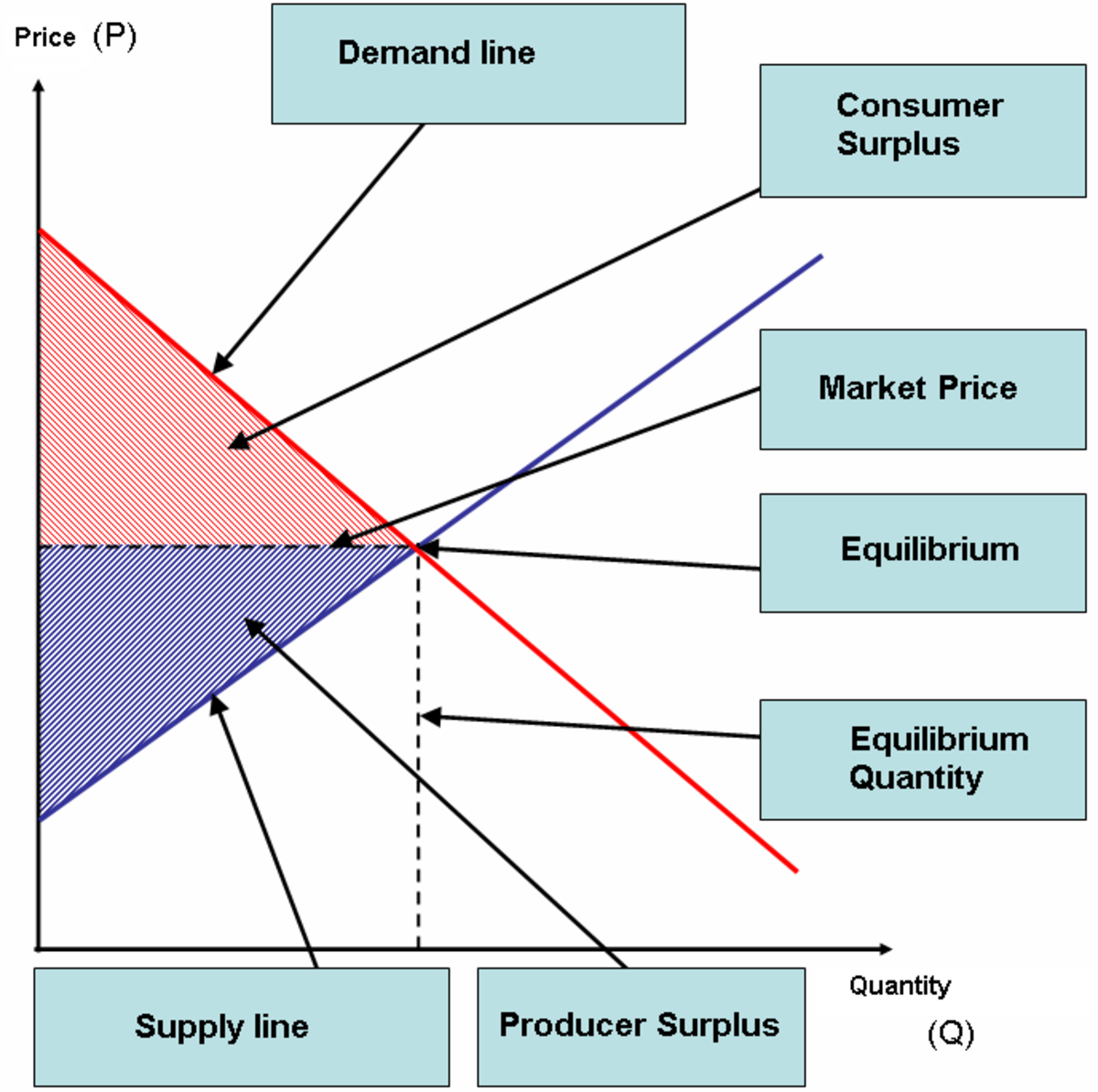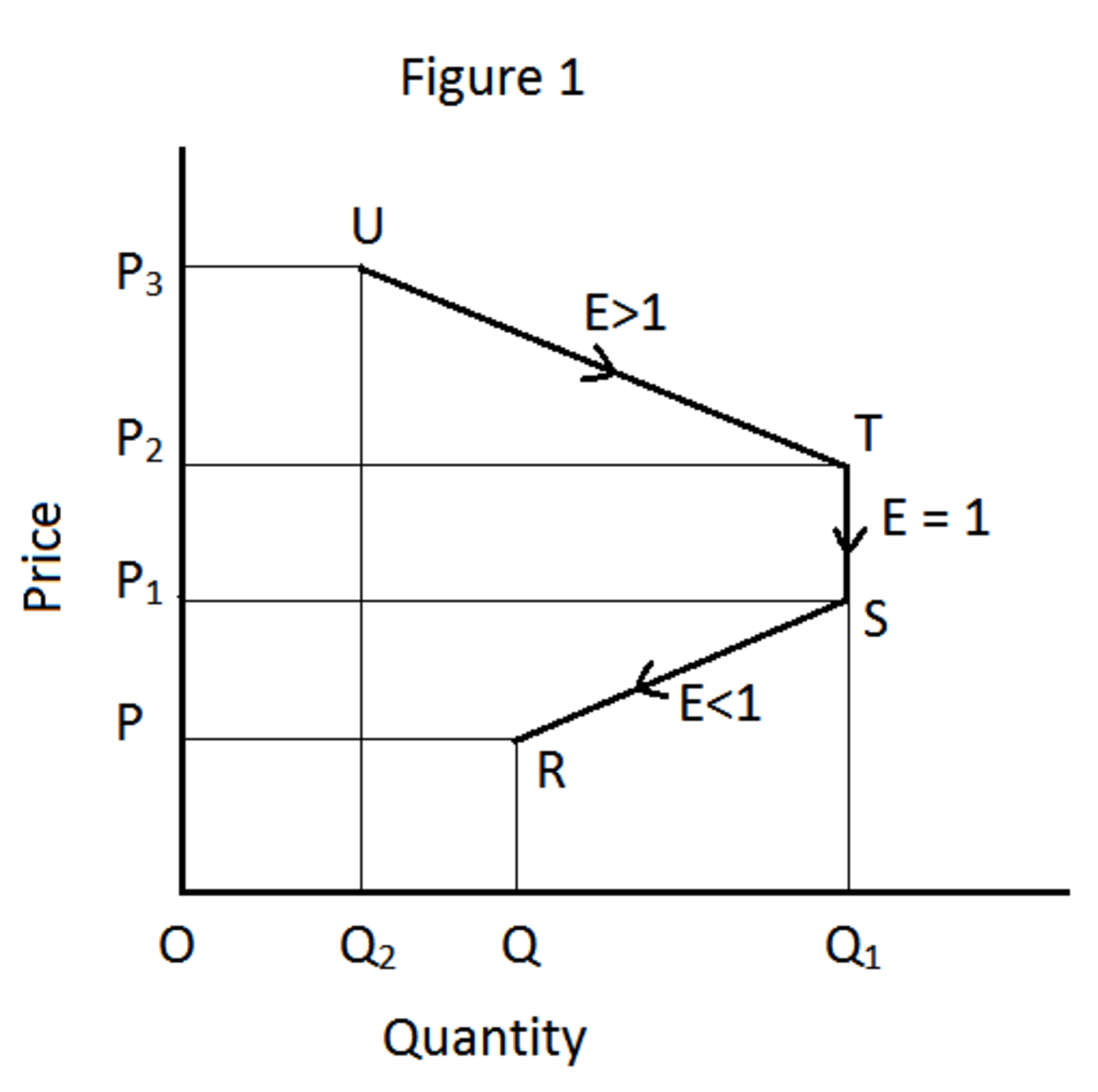Economical Repercussions Related to Fear
A Grim Scenario
Fear is a theme that pervades our society, indirectly or not. At times, fear is a result of prejudice, which leads to economic trouble for some characters in a bulk of historical and modern American fiction.
In the short story "Sweat", by Zora Neale Hurston, teasing and insulting behavior are demonstrated by the antagonist Sykes to control the protagonist wife of the story Delia. Sykes also uses fear to control his wife. He teases and insults her repeatedly. Sykes is an emotionally abusive, hard drinking derelict. His childish behavior is a bizarre psychological trick to make himself feel morally superior to his wife.
Poor employment opportunities were the result of racial prejudice at the time the story was written. Because of this, Sykes has low self-respect, which led to his intimidating behavior towards his wife. Delia is aware of Sykes' victimization due to prejudice, but his inexcusable behavior has altered how she perceives him. Because of Sykes' prejudice against women, Sykes' wife Delia shows no pity for her husband when he dies. The only thing Delia has is faith, but watching her husband dies shows a complete lack of hope. This is how prejudice destroys lives.
Extreme Poverty and Economical Imbalance Personified the South in the Early 20th Century

Dysfunctional Family Life Personified the South
In the novel Trash, a semi-autobiograpchical account of Dorothy Allison's tragic upbringing in North Carolina, The author's stepfather uses fear to control the people around him. Allison's haunting portrayal of a physically abusive monster demonstrates a man using profound scare tactics to compensate for his substantial shortcomings in life. In Trash and "Sweat", fear is used as a pathetic defense mechanism to cover up the fact that both of these men noted in the stories are complete failures financially.
In addition to fear, prejudice exists in the form of sexism. Both men in the stories feel they can control the women they supposedly love. In both cases, the control induces fear. Eventually, physical, sexual and emotional abuse takes place.
Allison Remains Resilient
Allison's encounter with sexism is similar to Delia's but more severe. She had to endure physical abuse and when she complains about her stepfather, her mother constantly reminds her that there is little they can do to control this monster.
Allison never purposely seeks revenge on him to his face, but rather envisions him dying in horrifying ways, as she begins to use her powerful imagination to escape the horrors of her reality.
For example, the author imagines her hated stepfather being cut to pieces with a lawnmower. Her bitterness towards her father is a reflection that revenge is sweeter because the victim suffers, or in this case dies.
The Finality of Ignorance
The correlation of poverty to prejudice (in this case sexism) is quite prevalent as both situations stem from a destitute financial situation. Ignorance, stupidity and hate all translate into financial ruin as this vicious cycle attempts to consume Delia and Allison.
In Allison's case, she is able to fight back, with her intellect, and break free from the poverty-ridden bondage of her childhood. By doing this, she prevents her childhood to define who she is morally.
In Delia's case, her sole refuge was faith, but even that was taken from her after showing zero remorse for her husband's death






